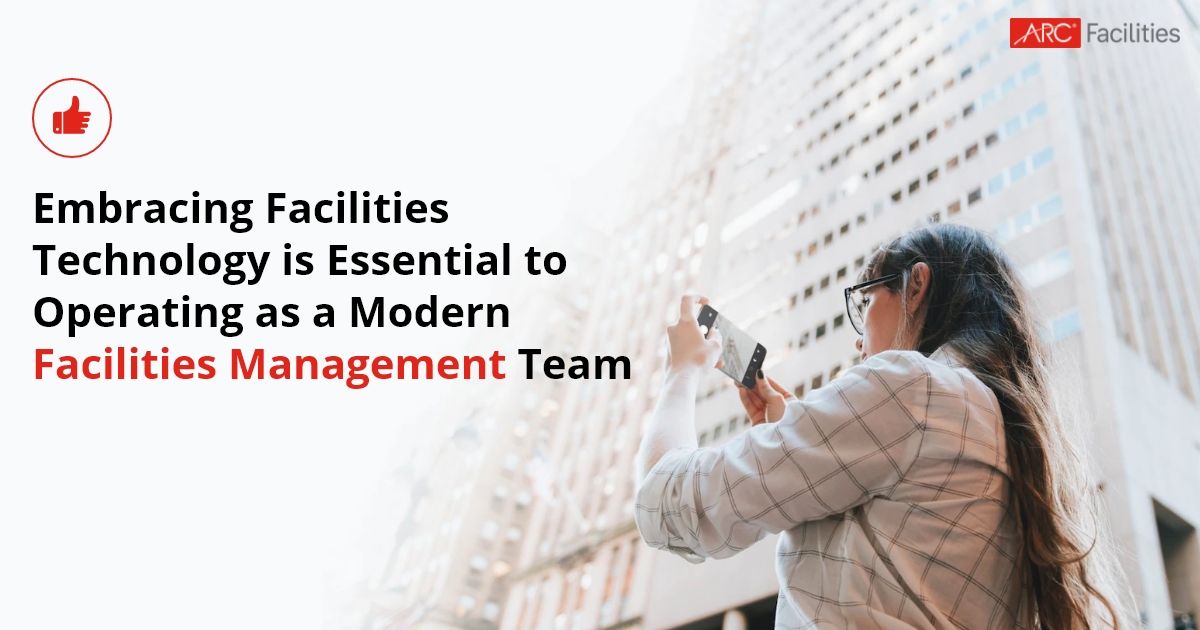Making the Move, From Paper to Digital
This article was originally posted on Facility Executive.
Converting building information assets to a digital document management system pays dividends.
Facilities leaders are staring down a challenge that, in many cases leads to a state of inertia. Simply put, they know it’s time to embrace technology as a key component of effective facility management, but many don’t know where to start. The starting point is committing to raising the bar on the level of facility management services provided–by moving from paper to. Building information management equips facilities professionals to increase productivity, raise service levels and effectively manage emergency situations in ways that simply cannot be achieved when relying on paper documents. In effect, the use of facilities technology solutions pays dividends by improving customer satisfaction while reducing cost and risk.
Deciding to adopt digital storage and retrieval of building information is a significant step toward transforming how facilities management gets done. Imagine facilities technicians using mobile devices or iPads to search and retrieve building information instantly–right from where they need to perform work or manage emergencies. Realizing what can be achieved becomes the trigger for taking the leap to adopt technology.

5 Success Factors for Buying Tech
Facilities directors are faced with a constant stream of new products and services. The good news is that learning how to evaluate and purchase technology can be done, and has been done, by other facilities leaders.
Recent research 1 of 226 facilities leaders revealed five success factors for selecting the right technology and getting the necessary approvals to make the purchases.
- The product must be easy to use. While this may sound obvious, it’s easy to get so caught up in learning about features and functionality, and confirming ease of use gets forgotten.
- Involve the IT department in evaluating and approving. This is key. IT needs to know upfront that the technology is secure and scalable, as well as whether its cloud-based or needs to run on a server stored on-premises.
- Conduct a pilot. Try before you buy provides a hands-on experience of how the technology will actually function for you and your team. Will it help accomplish your goals? Is it easy to use? Does it provide the promised benefits?
- Include the budget approver in the evaluation and selection process. Taking this approach can help align the budget approver with your objectives and informs them about how the technology will add value to facility maintenance operations.
- Make sure the solution has a mobile app. As remote workers, facilities technicians need mobile tools for maximum productivity and speedy response times for day-to-day work orders and during emergencies.
Conducting research on technology solutions for facilities management can be daunting without defining the requirements. It’s important to find a solution that offers a simplified process for scanning and organizing documents and includes search capability that enables fast retrieval. The process goes faster when the technology provider performs the task of converting the paper into a digital format. Not all providers offer this.
Once the technology is purchase, working with the vendor to define the best structure for storing and retrieving your digital documents is a crucial first step. Next, the technology provider collects all documents to scan and prepare them for mobile access, and the home page is laid out to present a logical starting point to guide the user. Finally, on-site training is provided for facilities team members to ensure adoption. How long this takes is dependent on how quickly the facilities team provides full access to documents.
Finally, embracing facilities technology is essential to operating as a modern facilities management team and raising visibility about how the team is maintaining and protecting assets. Start earning those dividends in the form of service excellence, managed costs and reduced risk by incorporating facilities technology.
References
1. Facilities Technology Trends & Buying Best Practices 2018
